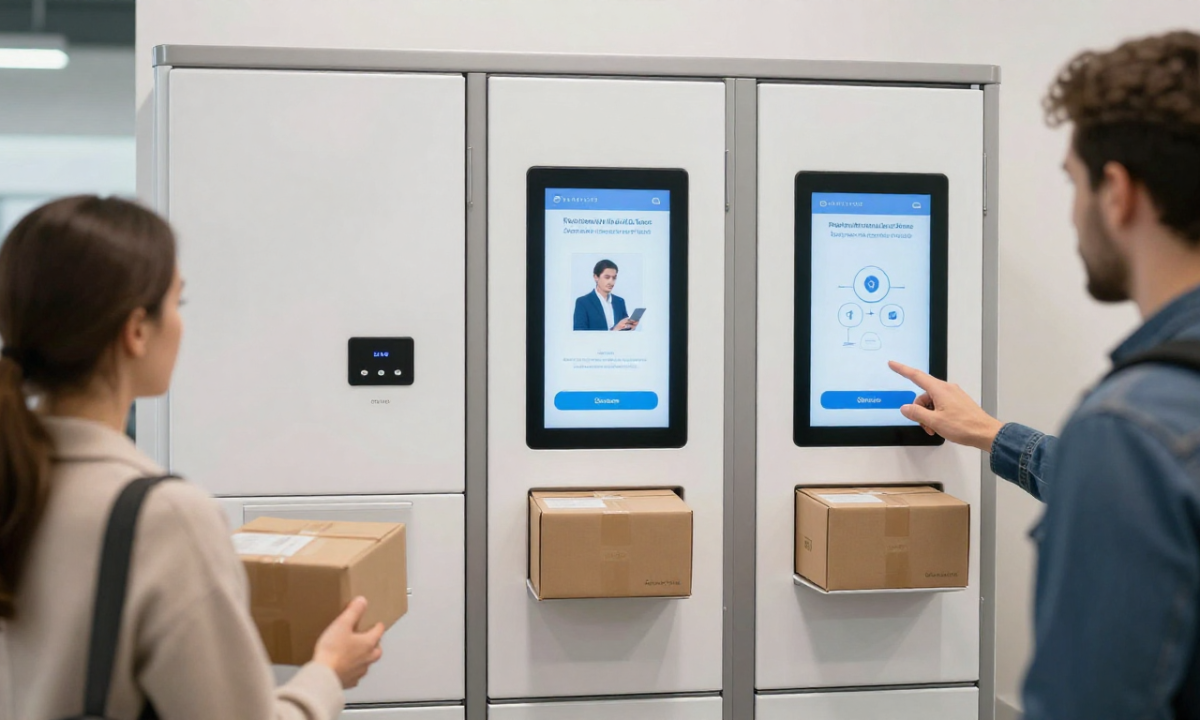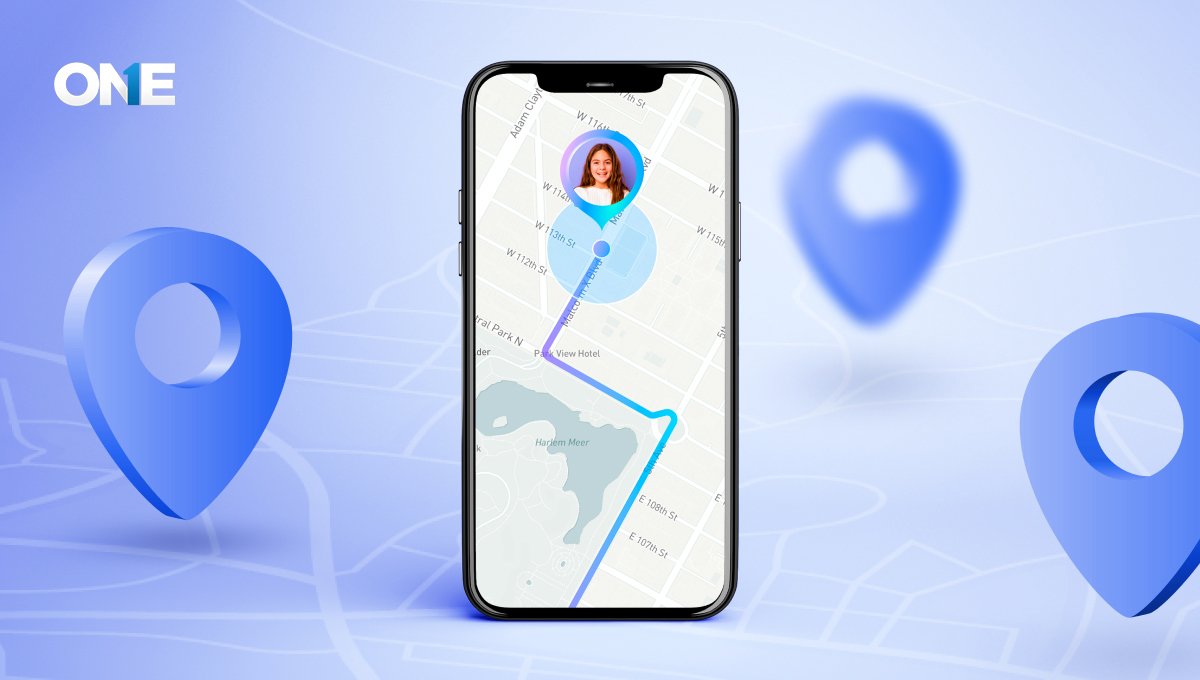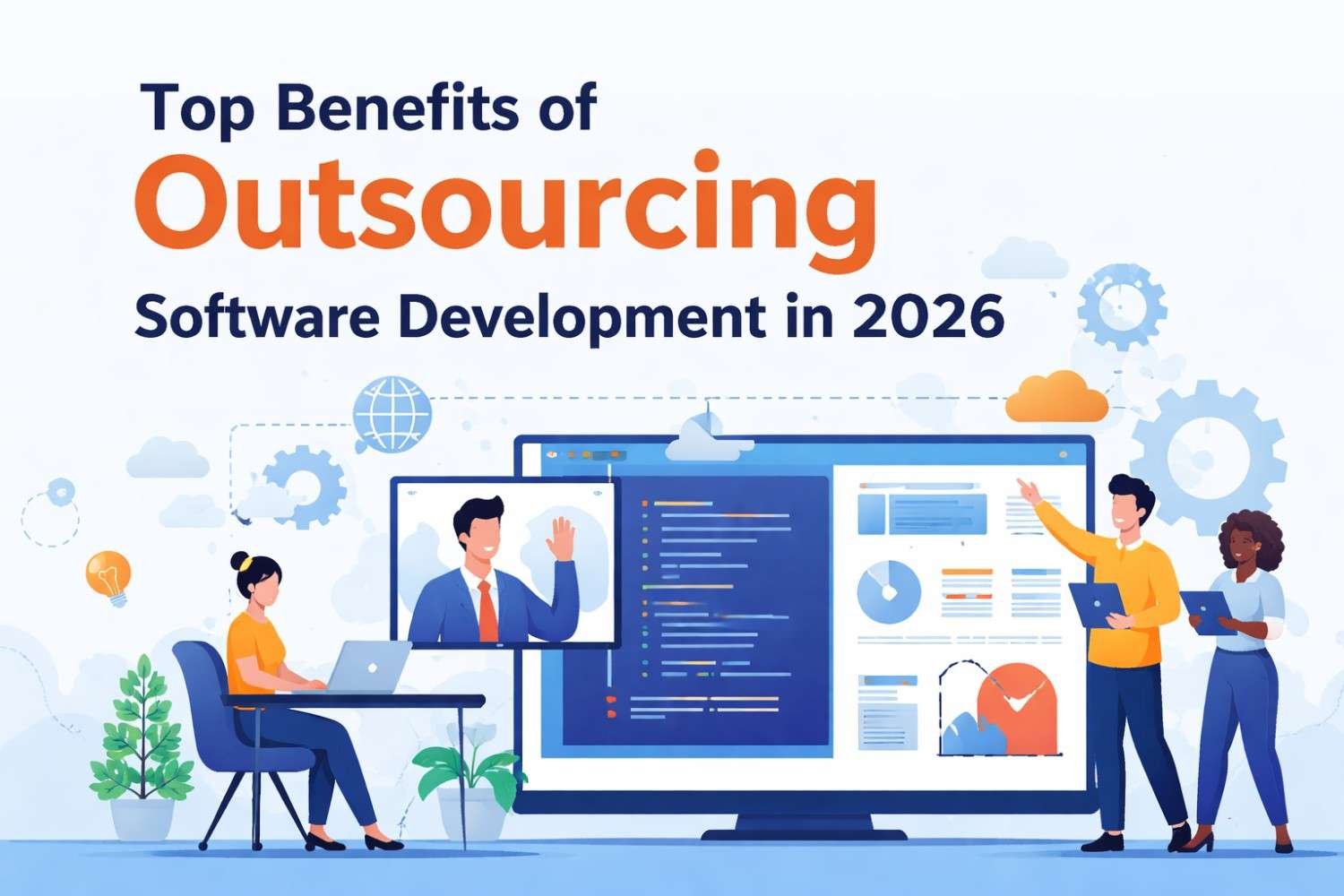The Data Privacy Act of 2012 (DPA) must be well understood in order to navigate the Philippines’ data protection environment. For any business operating in the country, the cornerstone of legal compliance often rests on the concept of consent. While the DPA provides several legal grounds for processing personal data, consent acts as the most direct and, in many cases, mandatory basis for engaging with data subjects—your customers, employees, or website users. It’s vital to understand and record this requirement correctly. Mistakes can make data processing illegal and lead to severe fines from the National Privacy Commission (NPC). This article explains how consent functions under the DPA and how it must be clearly embedded within your company data privacy policy.
The Foundation of Lawful Processing
The Philippine Data Privacy Act establishes core principles for handling all types of personal information. Before any business can collect, use, store, or dispose of data, it must first establish a legal basis for that processing. Following these legal bases is the main way to protect the rights of the person whose data is being processed.
Consent as One of the Legal Pillars
Consent is one of six available legal pillars that permit a Personal Information Controller (PIC) to process data. These pillars provide alternatives, recognizing that not all processing requires explicit consent. For instance, processing may be lawful if it is necessary for the fulfillment of a contract with the data subject (e.g., fulfilling an order), for compliance with a legal obligation (e.g., providing employee tax data to the BIR), or for the legitimate interests of the PIC (provided these interests do not override the data subject’s fundamental rights). However, relying on these alternatives requires careful legal scrutiny, which is why consent often remains the most transparent and simplest route for many non-essential processing activities.
The Higher Standard for Sensitive Personal Information
The DPA makes a critical distinction between general Personal Information (PI) and Sensitive Personal Information (SPI). SPI includes data such as an individual’s race, ethnic origin, marital status, age, health information, genetic data, or philosophical/political affiliations. The processing of SPI is generally prohibited, except under certain, highly restricted circumstances. The most common exception is when the individual has given clear, specific permission (explicit consent). For an organization handling employee health records or other sensitive data, consent is not just one option, but often the mandatory legal basis, highlighting a significantly higher legal standard for handling this class of data.
Requisites for Valid Consent in the Philippines
The NPC has strict rules for consent to be considered legally valid. Simply having a user click an “I agree” box is not enough; the consent must adhere to three specific qualities: it must be freely given, specific, and informed.
Freely Given, Specific, and Informed
For consent to be freely given, the data subject must have a genuine choice. This means consent cannot be bundled with a contract for non-data-related services, nor can a benefit (like employment) be conditioned solely on the individual agreeing to processing that is irrelevant to the benefit. To be specific, consent must relate to a defined purpose. A company cannot obtain a blanket agreement for future, yet-to-be-determined uses. If data is processed for multiple unrelated purposes (e.g., HR administration, marketing, and third-party sharing), consent must be granted individually for each purpose. Finally, consent must be informed. The individual must be clearly told what data is being collected, why, the scope and extent of processing, and their rights as a data subject, all in clear and plain language.
Evidenced and Assenting Action
The DPA requires that valid consent be evidenced by written, electronic, or recorded means. This puts the burden on the company to prove that consent was obtained and that it met the required standard. Furthermore, consent must be demonstrated through an assenting action, which is a clear, affirmative act of agreement. This rule bans “implied consent” (assuming agreement because a user didn’t object) and stops the use of pre-checked boxes or misleading designs (“dark patterns”). The action must be unambiguous and clearly indicate the individual’s agreement to the described processing.
Integrating Consent into Your Company Data Privacy Policy
A robust privacy policy is the primary tool a company uses to manage its relationship with data subjects and comply with the law. It serves as the official record of the company’s data practices.
Transparency Through Layered Privacy Notices
To meet the “informed” requirement of consent without overwhelming the data subject, companies often employ layered privacy notices. This means providing the minimum specific information—like the identity of the Personal Information Controller and a summary of processing—at the point of collection (e.g., on a sign-up form or application). This point-of-collection notice must then provide a readily accessible link to the full company data privacy policy. This full policy must detail every aspect of processing, including the categories of data collected, the duration of retention, security measures in place, and the exact procedures for exercising data subject rights.
The Right to Withdraw Consent
One of the most powerful rights afforded to data subjects is the right to withdraw consent at any time. When consent is withdrawn, the PIC must immediately stop processing the data based on that consent, unless they can legally switch to one of the other five valid legal bases (such as a legal obligation or a contract necessity). Companies must establish simple, accessible, and free-of-charge mechanisms for withdrawal. This can include an “unsubscribe” link in an email or a clear function within a user profile. Continuing to process data after consent is withdrawn is a serious DPA violation.
Key Takeaway
For businesses operating under the Philippine Data Privacy Act, consent is far more than a simple formality; it is a meticulously defined legal requirement that governs the ethical and lawful use of personal information. Ensuring that consent is freely given, specific, informed, and demonstrably recorded is fundamental to regulatory compliance and building consumer trust. Any effective company data privacy policy must therefore clearly articulate these principles, detail the procedures for obtaining valid consent, and provide data subjects with easy mechanisms to exercise their right to withdraw. Adherence to these strict standards not only prevents fines but solidifies the company’s commitment to respecting data privacy rights.














Leave a Reply